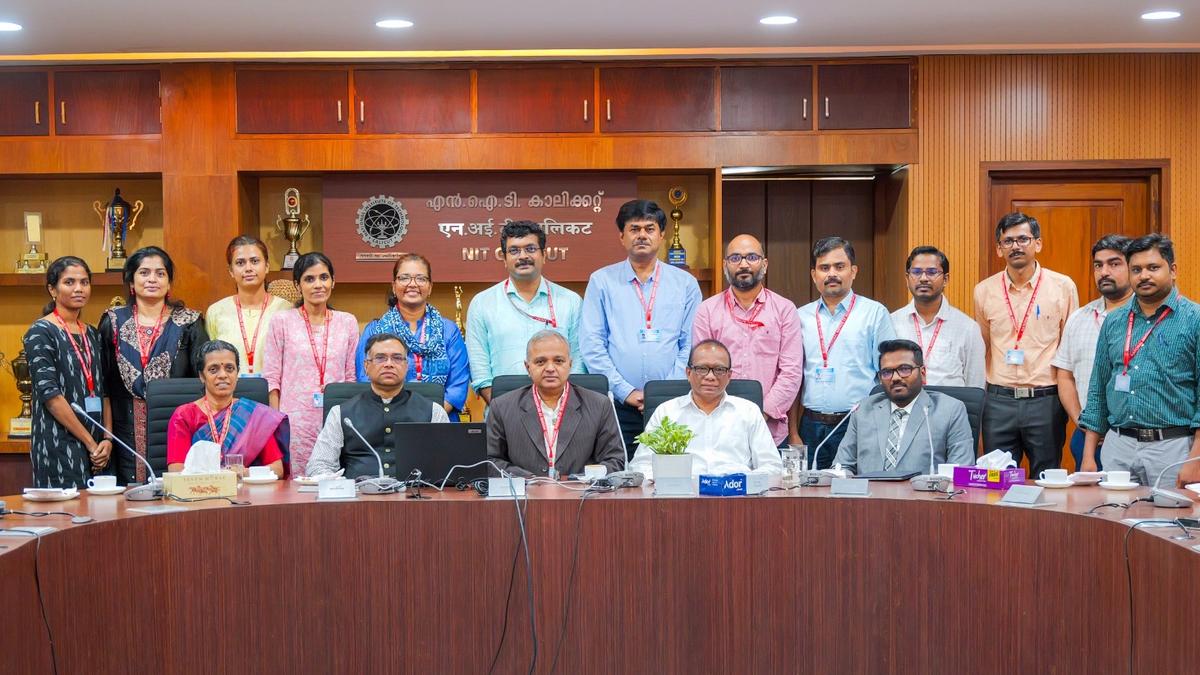ARTICLE AD BOX
 This comes at a time when wildlife attacks have emerged as a major issue in Kerala, with the government identifying 273 village local bodies out of 941 as hotspots. (representative image)
This comes at a time when wildlife attacks have emerged as a major issue in Kerala, with the government identifying 273 village local bodies out of 941 as hotspots. (representative image)
Prompt ordering killing of an animal responsible in case of attack on human life, declaring wild boar as vermin, relocating Schedule II animals, and stripping bonnet macaque monkeys of their highest level of protection – these are some of the key amendments to the Wildlife Protection Act, 1972, ratified by the Kerala Cabinet Saturday.
The amendment Bill, which aims at easing the procedures for killing wild animals that pose threat to human life, is the first of its kind to the central law.
The Bill is likely to be presented in the assembly sessions slated to begin next Monday.
This comes at a time when wildlife attacks have emerged as a major issue in Kerala, with the government identifying 273 village local bodies out of 941 as hotspots. It also comes ahead of the local body polls and assembly polls in Kerala.
Forest Minister A K Saseendran said the amendment would empower the chief wildlife warden to order the killing of any wild animal that attacks a person in human habitats. This would enable the state to overcome the delay caused by the conditions in the existing wildlife protection act and the standard operating procedure issued by the Central Government, thus helping the state to take prompt actions on wildlife threats.
Besides, the Bill envisages clauses that allow the forest department to relocate wild animals protected under Schedule II of the 1972 Act or subject them to birth control measures, without obtaining prior sanction from the Centre. It also empowers the state government to declare any wild animal included in Schedule II as vermin – a power currently vested with the central government. This is mainly meant to address the rising wild boar menace. According to it, once a wild boar is declared vermin, anyone can kill and consume its meat.
This comes after the Centre repeatedly turned down the state’s demand in this regard.
Story continues below this ad
To address the bonnet macaque threat, the Bill proposes to remove that animal from the category of Schedule I to Schedule II. Until then, the chief wildlife warden could order capturing and relocating of monkeys causing mayhem in human habitations.
Schedule I lists species requiring the highest level of protection due to their endangered status. It was in 2022 that macaque monkeys were moved to Schedule II.
On the other hand, Schedule II lists animals that need lower protection that Schedule I but can’t be hunted except under some circumstances, such as when they pose threats to human life or have incurable disease. However, their trade is prohibited.
Earlier this year, Kerala had sought the Union government’s nod to kill wild animals that pose a threat to human life and properties. The state wants the Wildlife (Protection) Act, 1972 amended so it can be allowed to kill wild animals that foray into human habitats. However, the Centre had turned down the demand on the ground that the state can address the issue with the existing norms.
Story continues below this ad
According to officials, the problem animals are mainly tiger, leopard, elephant, bison, wild boar, bonnet macaque and peafowl. Although bonnet macaque (a monkey species) and peafowl do not pose a threat to life, their repeated raids have forced farmers to abandon vast tracts of agricultural land. As many as 919 persons were killed and 8,967 others injured in wildlife attacks in Kerala from 2016-17 to 2024-25 (till January 31), according to government data.
Kerala’s local body polls are due in November-December while assembly polls will be held next year.



.png)
.png)
.png)
























 English (US) ·
English (US) ·